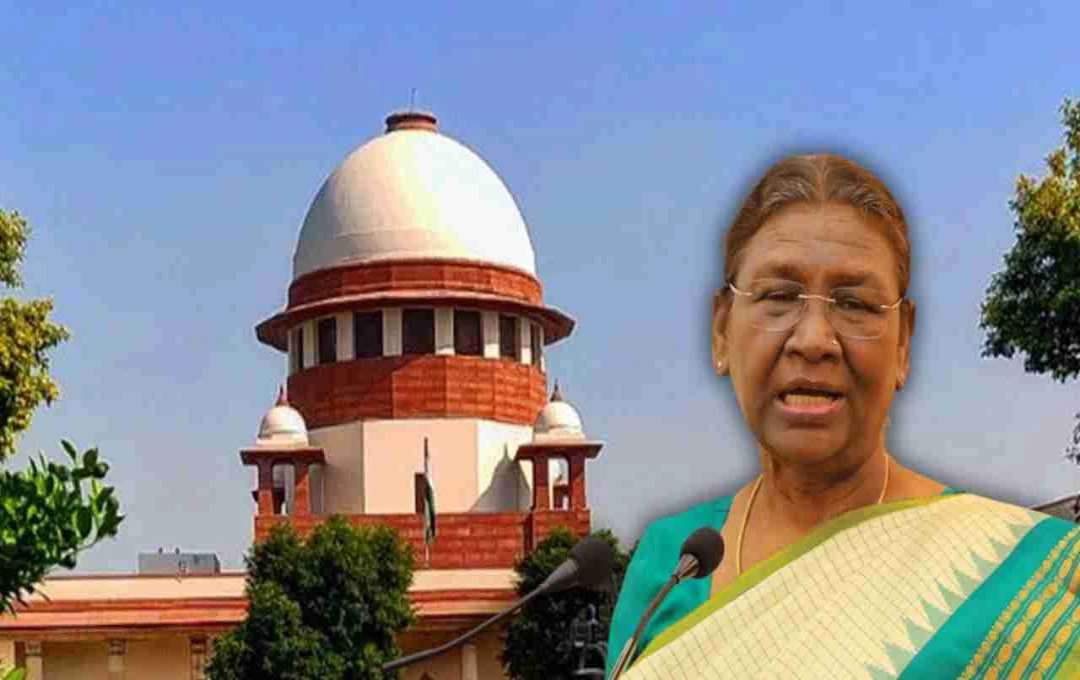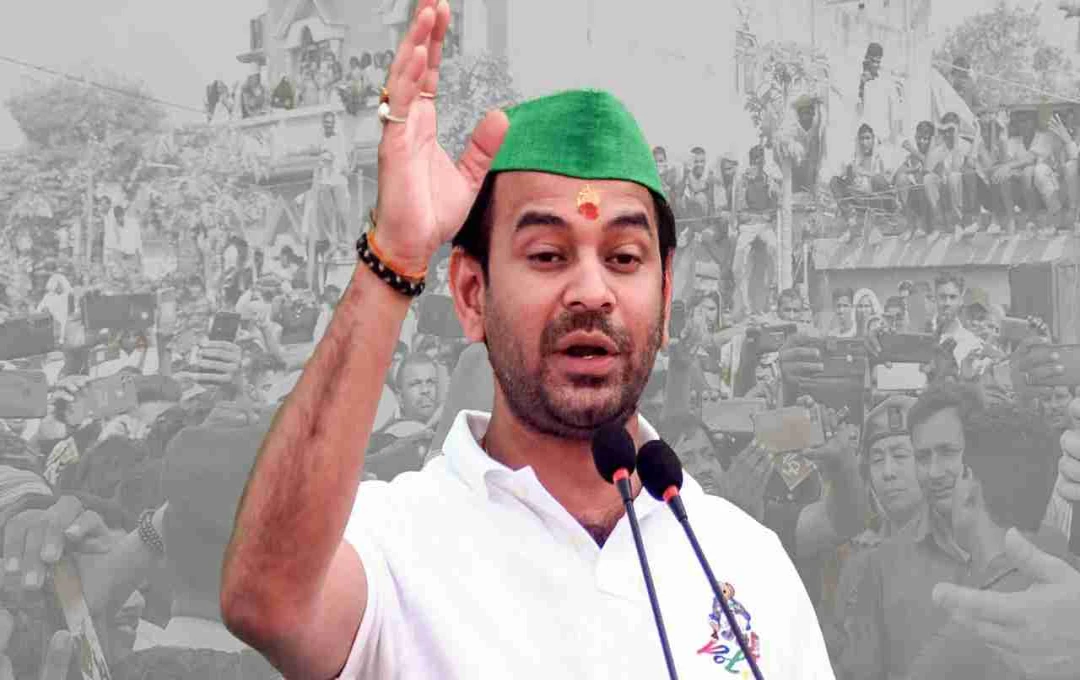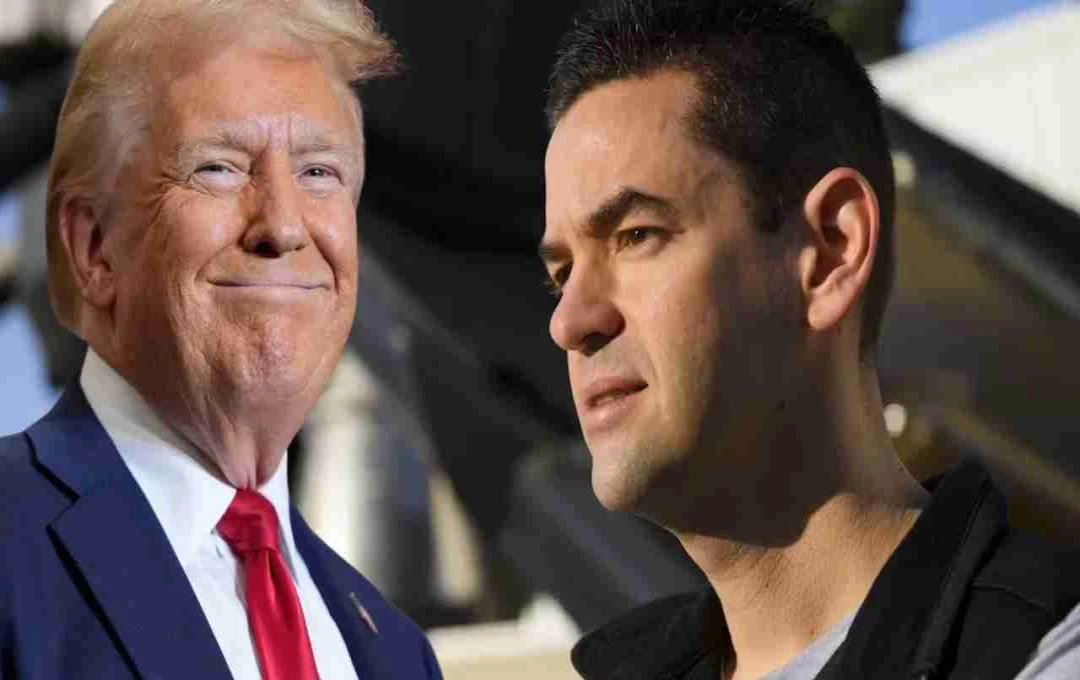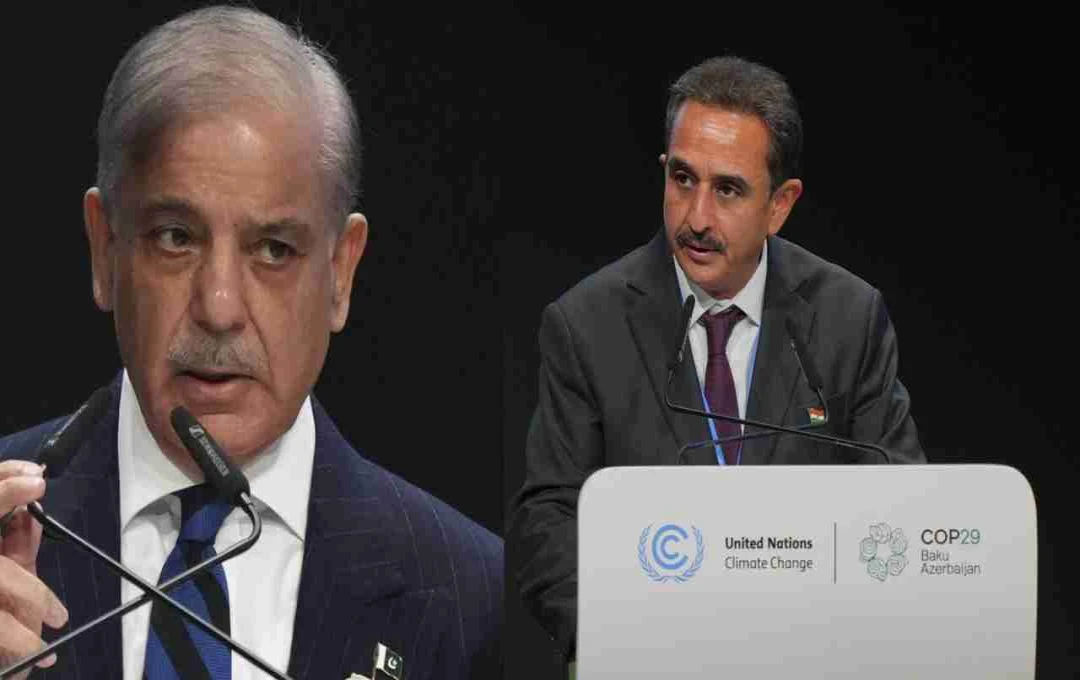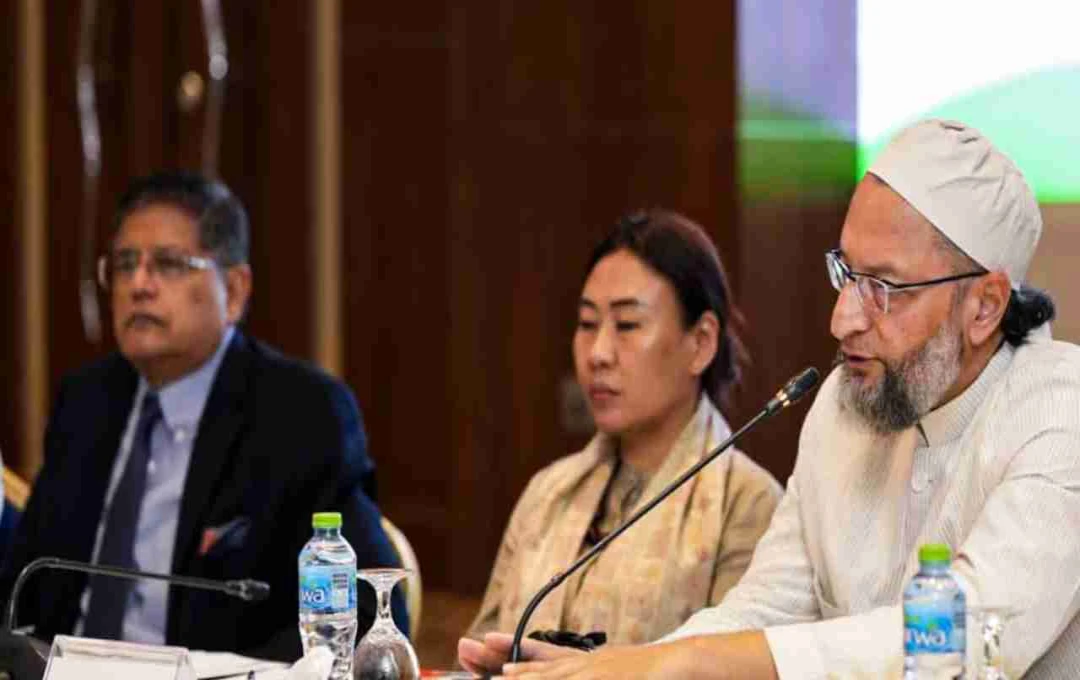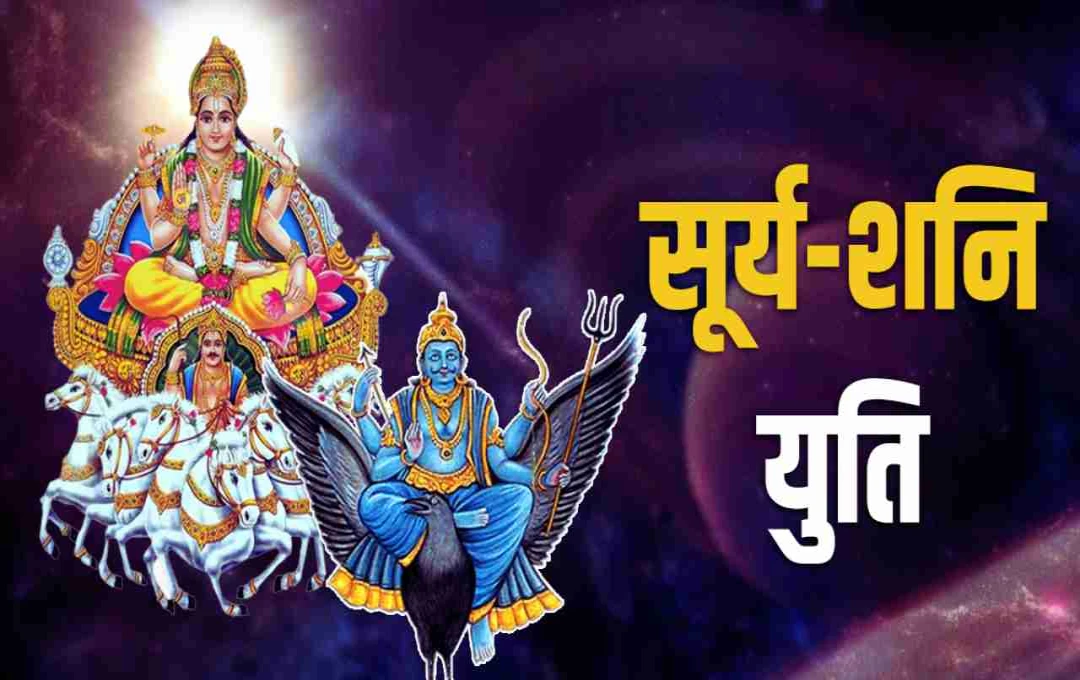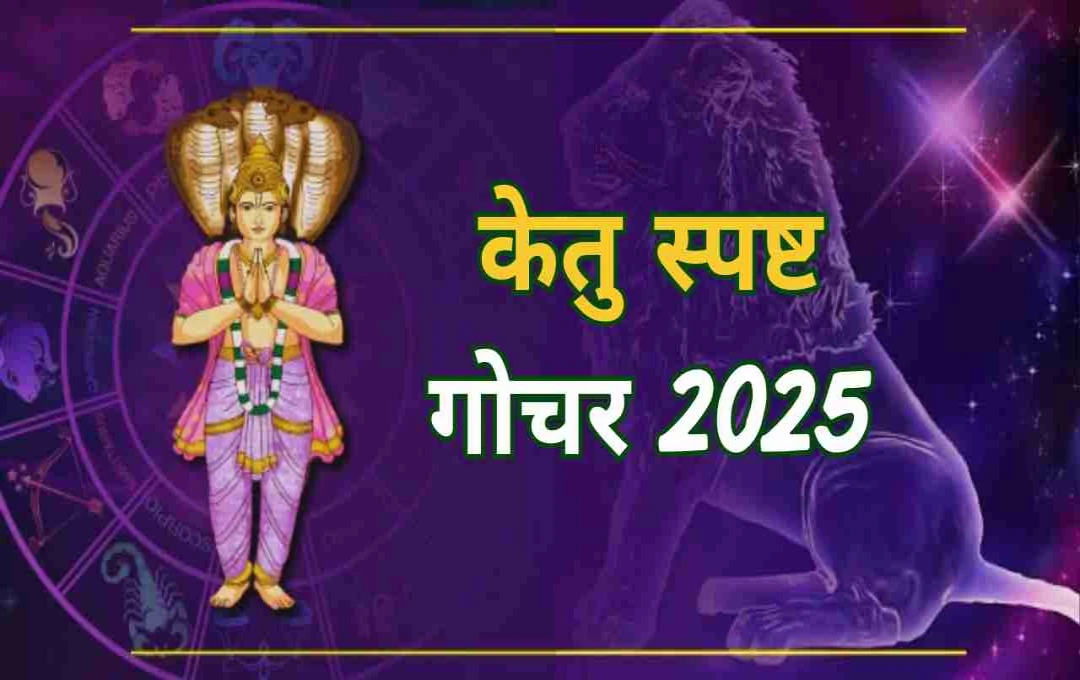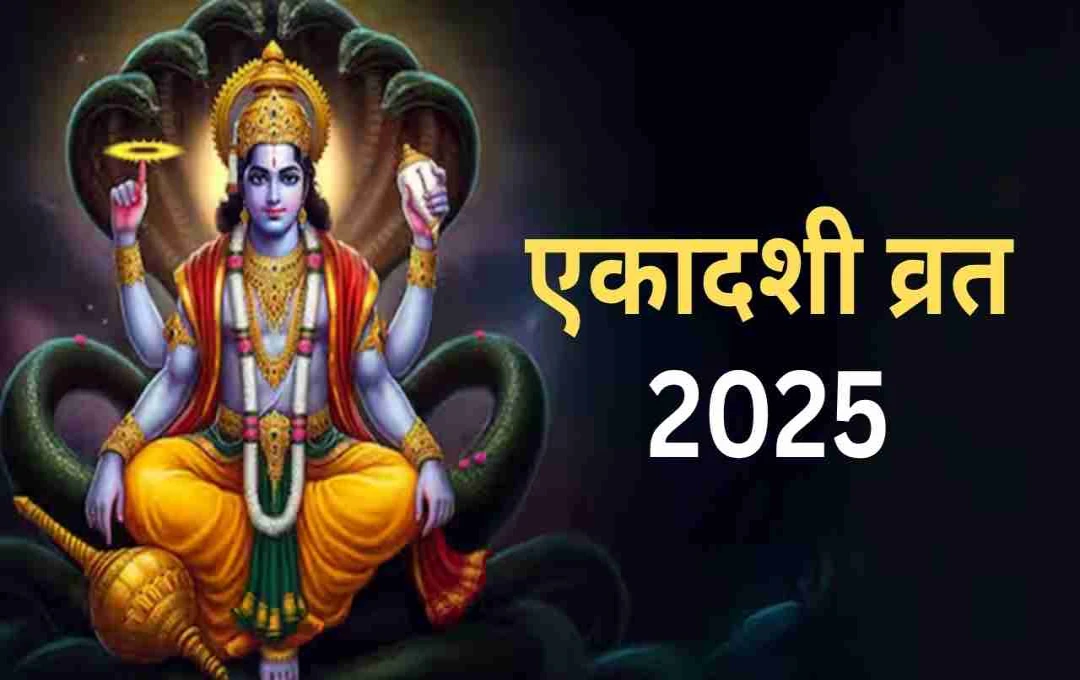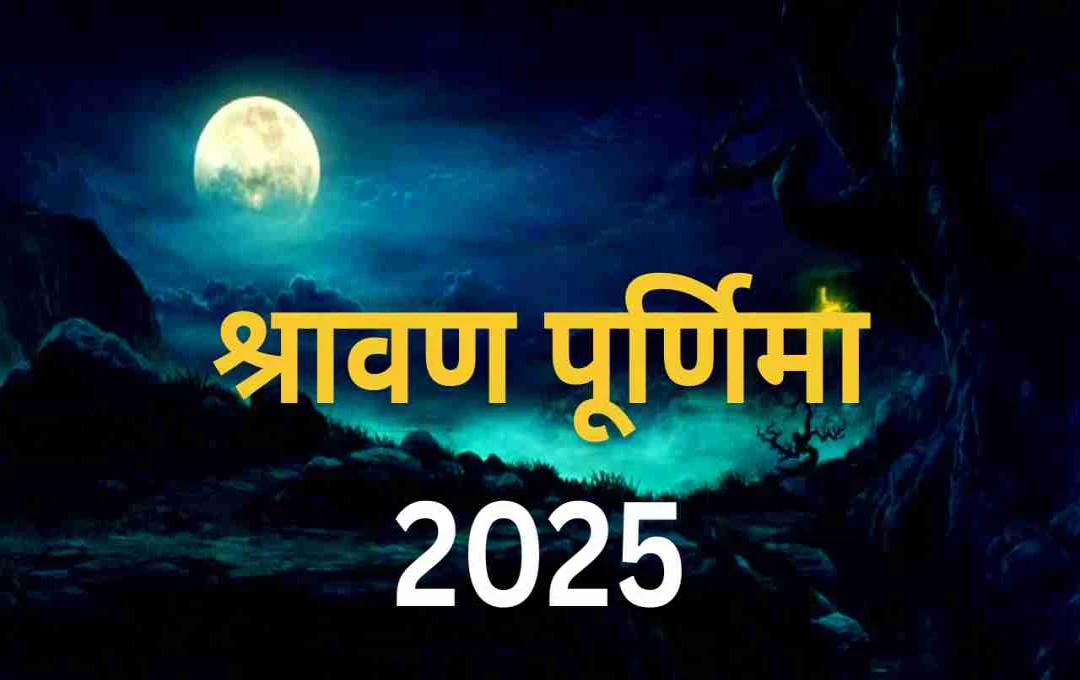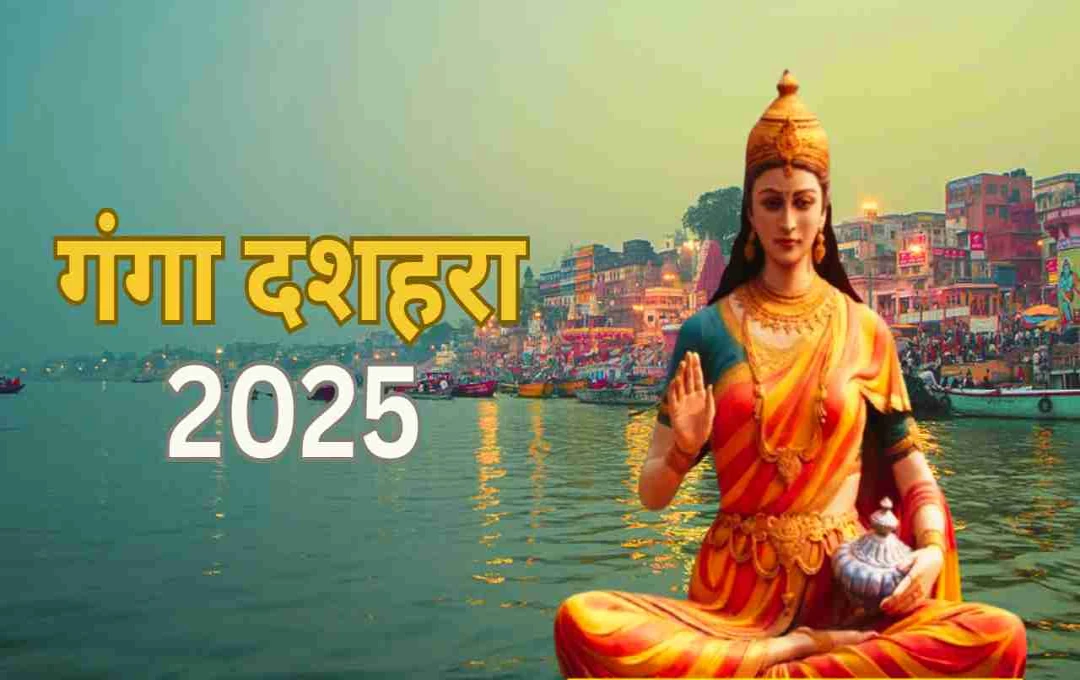President Droupadi Murmu has objected to a Supreme Court ruling that sets a time limit for deciding on bills, stating that if the Constitution grants full authority, then the court's intervention is wrong.
New Delhi: A major constitutional debate has erupted in India regarding the process of approving bills. The Supreme Court recently delivered a significant judgment on April 8th, setting deadlines for governors and the president to decide on bills passed by state legislatures. The court ruled that governors must decide on a bill within three months, and if the bill is passed again, approval must be given within one month. President Droupadi Murmu has questioned this decision and posed 14 crucial questions to the Supreme Court.
The Supreme Court's Decision and the President's Objection
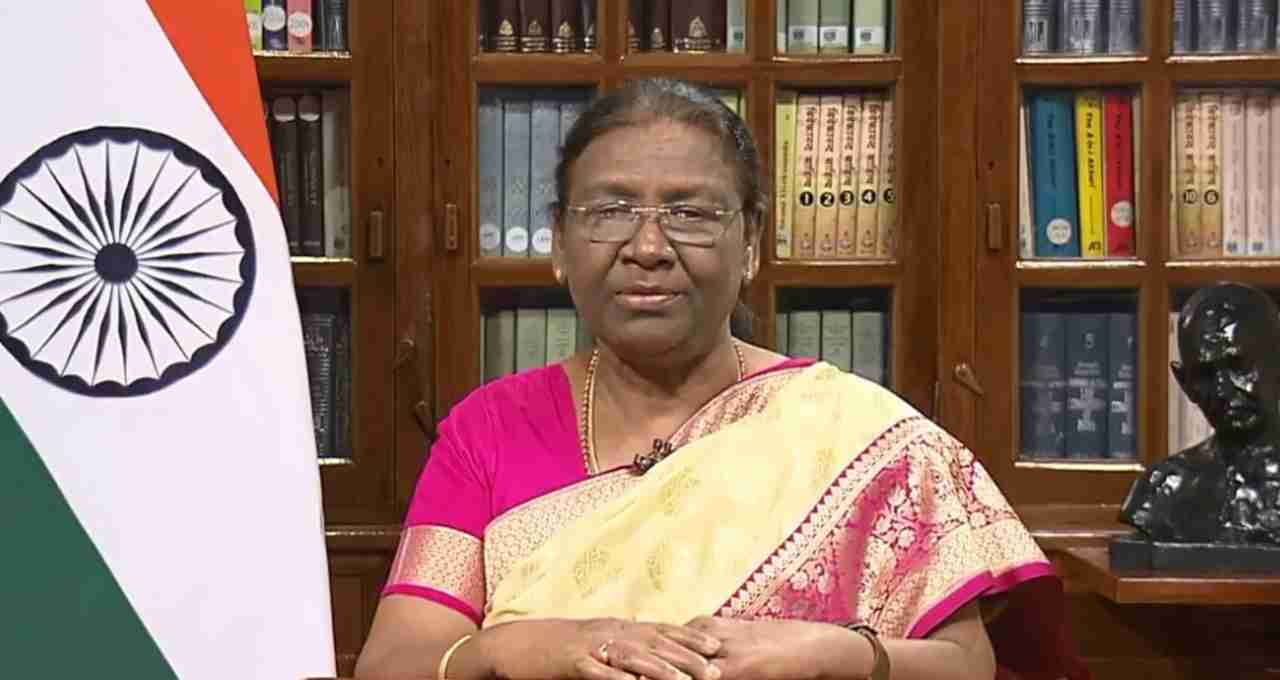
According to the Supreme Court's order, if a bill is sent to the President, they must also decide within three months. President Droupadi Murmu has objected to this decision. Her argument is that Articles 200 and 201 of the Constitution do not prescribe any specific timeframe for the governor and president to approve or reject a bill. Therefore, the Supreme Court's imposition of a deadline constitutes an encroachment on the constitutional mandate.
The President questioned why the Supreme Court is intervening if the Constitution grants full authority to decide on a bill. Is the court not violating constitutional rights?
President Droupadi Murmu's 14 Questions
The President has raised several questions to the Supreme Court on constitutional aspects, including:
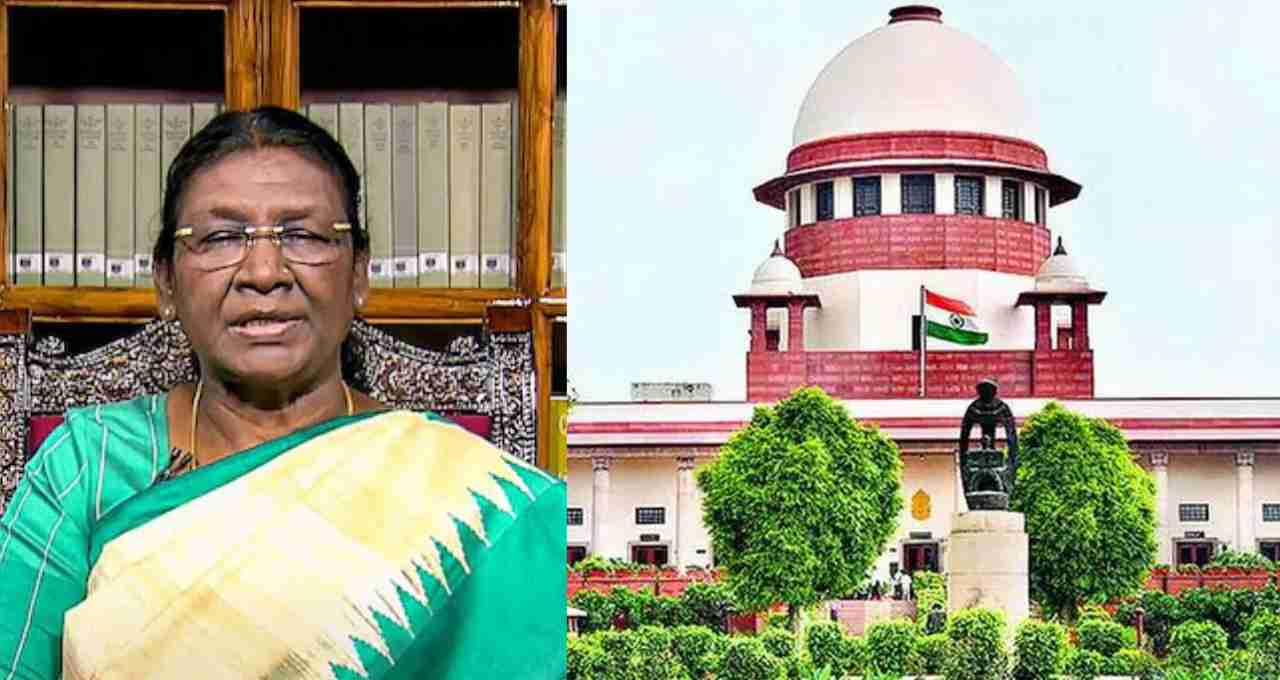
- Can the governor utilize all options while deciding on a bill under Article 200 of the Constitution?
- Is the governor bound by the advice of the Council of Ministers?
- Is judicial review of the governor's constitutional discretion permissible?
- Does Article 361 completely bar judicial review of the governor's actions?
- Can courts issue orders imposing time limits?
- Is it necessary for the Supreme Court to seek the President's advice under Article 143?
- Is court intervention before a decision on a bill appropriate?
- Can Supreme Court orders contradict existing provisions of the Constitution or law?
Significance of this Dispute
This case concerns the interpretation of the Constitution, the limits of the judiciary, and the balance between executive powers. The Supreme Court set deadlines to ensure the speed and transparency of the democratic process, preventing indefinite delays on bills. The President, however, argues that no such constraint exists within constitutional provisions, and judicial intervention constitutes a violation of constitutional rights.
